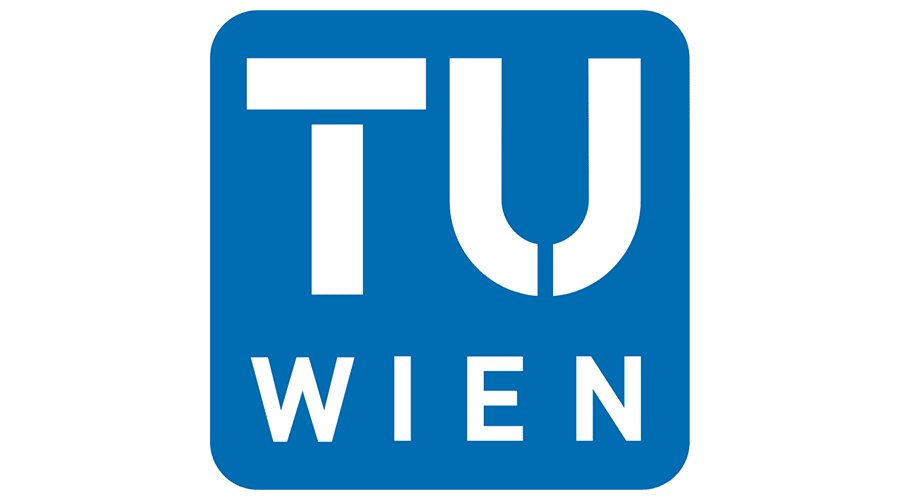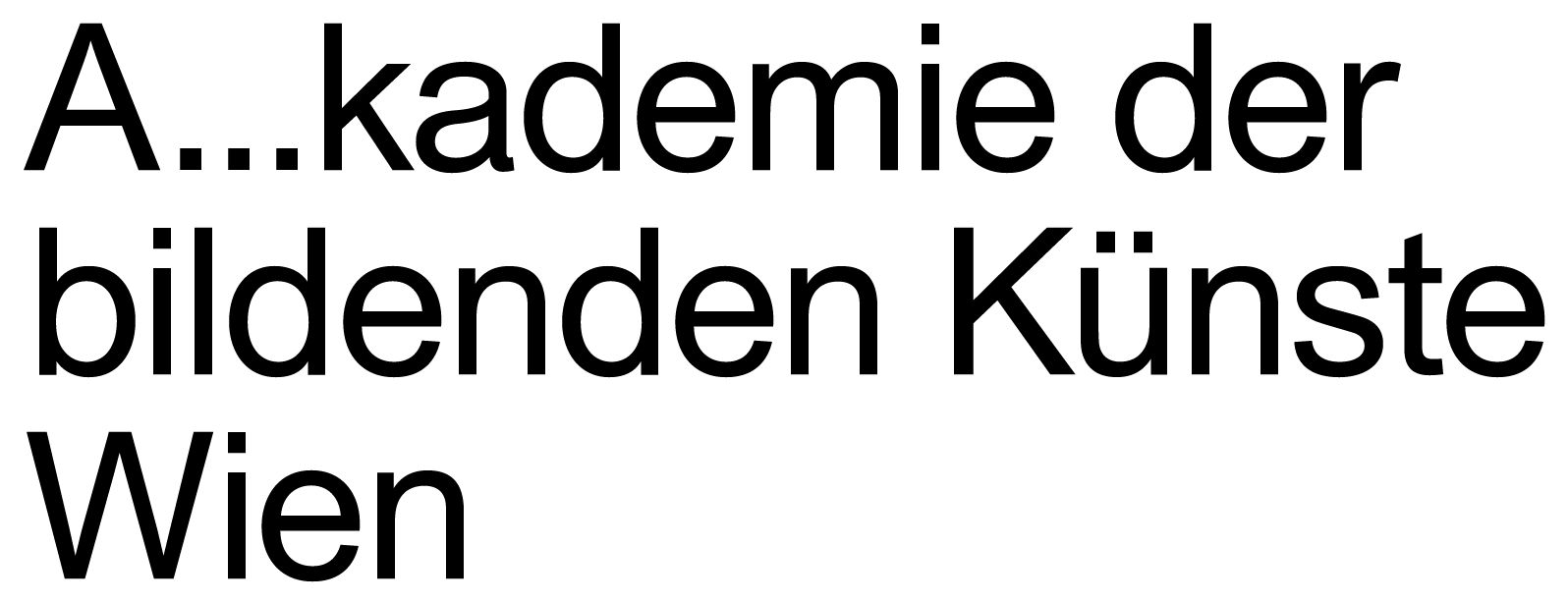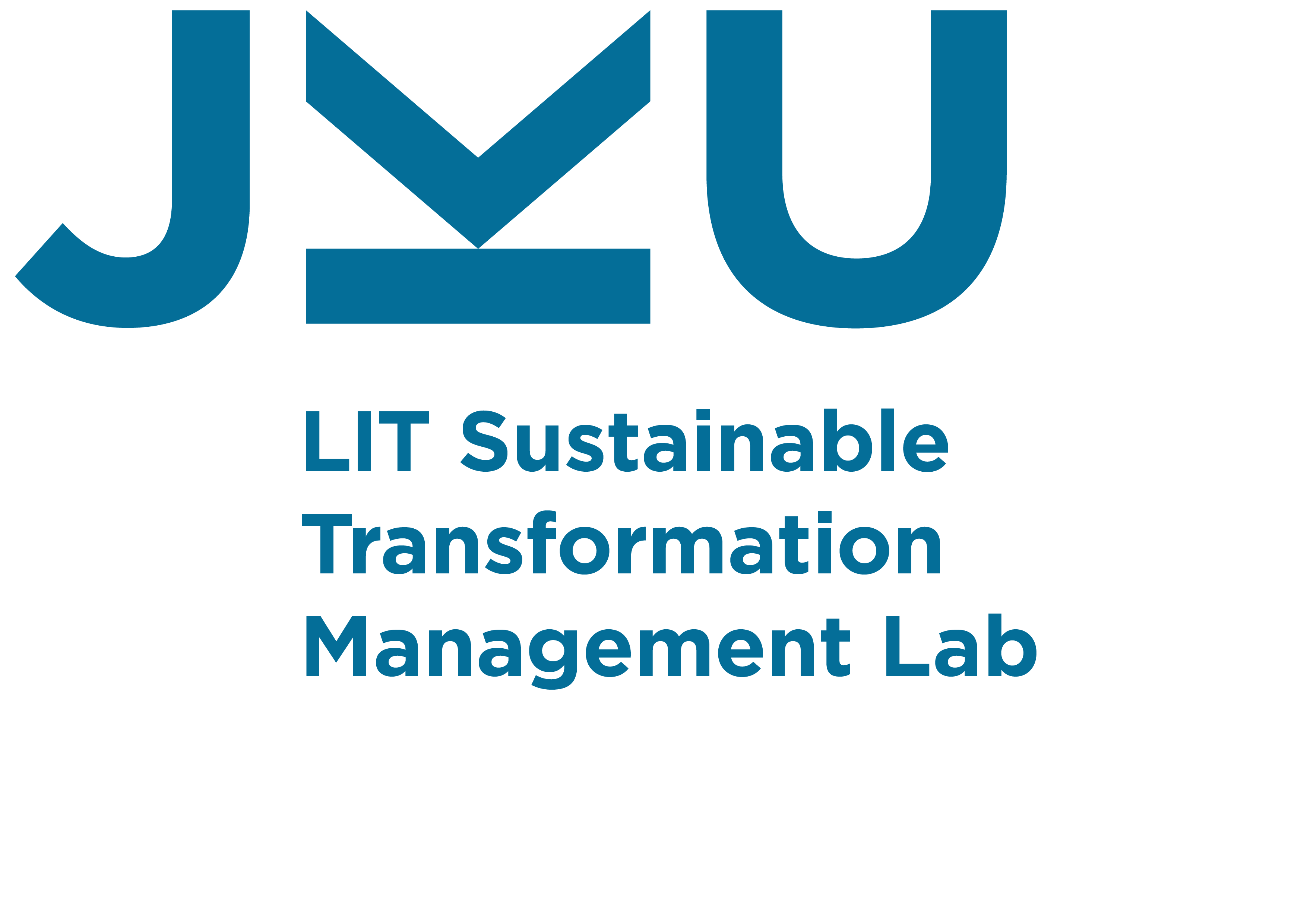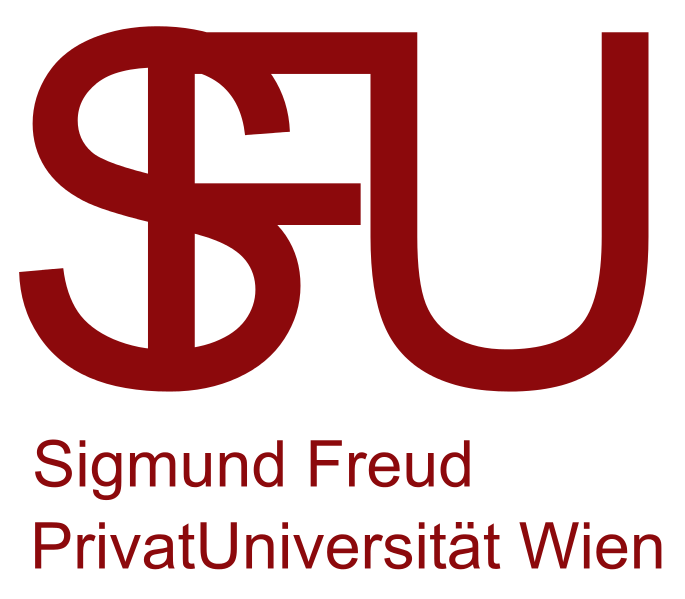City Layers
Citizen Mapping as a Practice of City-Making
The project “City Layers: Citizen Mapping as a Practice of City-Making”, funded by the Austrian Science Fund (FWF) introduces a contemporary framework for city-mapping which centres on citizen experience of urban space as an integrative way to contribute to more egalitarian city design. Within the frame of the Citizen Science Award 2023, the City Layers app has been developed in collaboration with students, citizens and researchers all interested in democratising and diversifying how cities are formed.
Hypotheses
The research hypothesises that current data collection methods have prioritised simulated and measurable data, alienating and excluding diverse data sets. City Layers utilises innovative and contemporary data collection methods which allow for the recording of subjective experiences of the city. The project thus proposes a more inclusive and adaptable form of collecting information for urban design, whether it be material or immaterial, based on terms dictated by citizens.
Objectives
The research aims to deepen the engagement between citizens and urban design using the City Layers app by inviting them to identify, record and reflect upon a range of different material and immaterial ‘layers’ of their cities. These include accessibility, noise, safety, climate resilience, aesthetics, amenities and many more. This city mapping app serves as a means of communication between cities and their citizens, generating a contemporary, critical form of data that is collectively generated, managed and cared for.
Approach and methods
Through City Layers – a digitised participatory tool for urban design – citizens are invited to use tags, textual comments, photographs, suggestions and votes to articulate their views on a particular urban surrounding. By recognising and voicing their subjective experiences in specific spaces, citizens procure meaning and values, but also provide valuable data on how these spaces can be improved. Citizens can add thoughts on how urban places can be improved, or they can immerse themselves in the information about their urban surroundings mapped by others. Citizens' contributions are made available online as a form of commons for active use. This innovative mapping tool thus aims to reorganise individual observations into collective knowledge and brings out the strengths of citizen participation in urban design. The collected data is intended to enable a basis for a better dialogue between citizens and urban planners. Therefore, the research recognises the citizen science approach as a democratic and urgent strategy for identifying the essential components which constitute a city.
Picture Gallery
-
 © Lovro Koncar-Gamulin © Lovro Koncar-Gamulin
© Lovro Koncar-Gamulin © Lovro Koncar-Gamulin -
 © Lovro Koncar-Gamulin © Lovro Koncar-Gamulin
© Lovro Koncar-Gamulin © Lovro Koncar-Gamulin -
 © Lovro Koncar-Gamulin © Lovro Koncar-Gamulin
© Lovro Koncar-Gamulin © Lovro Koncar-Gamulin -
 © Lovro Koncar-Gamulin © Lovro Koncar-Gamulin
© Lovro Koncar-Gamulin © Lovro Koncar-Gamulin -
 © Lovro Koncar-Gamulin © Lovro Koncar-Gamulin
© Lovro Koncar-Gamulin © Lovro Koncar-Gamulin
https://www.citizen-science.at/en/imprint/tag/politics#sigProId5975b3fb95
This project fulfils version 1.1 of the quality criteria for citizen science projects on Österreich forscht.
Stories of Post-extractive F*utures
The shrinking town of Eisenerz lies at the foot of the Erzberg mountain, Austria’s largest and best-known site of extraction of iron ore. The post-industrial town is experiencing a rural exodus, which concerns women in particular. The spatial practices of mining areas have been under-researched using inclusive methods. Mining is predominantly narrated in male, heroic narratives, while counter-narratives of repair, care, reproduction and maintenance are mostly overlooked.
Within this complex field, the project focuses on intersectional feminist perspectives on an area of exhaustion; it will collect feminist post-extractive stories to broaden the perception of mining areas and strengthen the focus on feminist narrations for future perspectives. We ask: Which practices contribute to the continuance of the community? The project shows and discusses the spatial practices of repair amid extraction with multiple actors. We work with local associations to reach diverse groups.
Thinking and knowing with the diverse, often surprising, actors and their practices, the citizen scientists shape the project on several levels: they collect and locate stories of practices, they research private archives, and they report and sometimes even organize. Processes of mutual learning take place in meetings and shared activities, and through the process of transformation into drawings by the East Styrian artist Roswitha Weingrill. Based on collaborative science and an affirmative and inclusive approach, citizens are involved in decisions on many levels, especially concerning their contributions and their representation. The collected knowledge will contribute to creating imaginations of future stories of a liveable community. With the help of artistic methods, these will be illustrated and made accessible in public discussions.
Via strategies of making visible, bringing together, and anticipating and activating futures, and also with the help of artistic tools of knowledge production, this project will show practices as constant reparative counter-practices amid extraction. An ethical, intersectional framework of feminist citizen science will revive the margins of how we know about environmental exploitation to deliver a complex, yet profound, image of a polyphonic Anthropocene that allows for imagining dynamic assemblages after exploitation.
Photo gallery
https://www.citizen-science.at/en/imprint/tag/politics#sigProId50bd6c7cc8
This project fulfilled version 1.1 of the quality criteria for citizen science projects on Österreich forscht.
GUMPI
Youth and single parents doing urban research
About the project
The climate crisis repeatedly exposes existing weaknesses in democratic practice. On the one hand, groups that are most affected by the consequences of climate change are often underrepresented in the prevailing political and planning practice (participation crisis). On the other hand, social inequality and the exclusion of people from political decision-making processes increases the loss of trust in political decision-makers and institutions (democracy crisis). Therefore, dealing with the consequences of the climate crisis in research and planning cannot be done without looking at ecological and social justice. Who can have a say in crises and help develop solutions? Who suffers most from the consequences of the crises and who does urban development reach?
What is the aim of the project?
The project aims to explore possible applications of Citizen Social Science (CSS) in urban development, especially regarding the potential of involving usually underrepresented groups. The central research interest is to identify to what extent CSS can complement transformation processes, such as the redesign of a street space in an urban context, with the perspectives of marginalized groups. For this purpose, two Citizen Science experiments will be conducted with two selected groups using the participation process "zukunftsfitte Gumpendorfer Straße" in Vienna's 6th district: Single parents and students. The results of these CSS Experiments will help to understand how vulnerable groups can be better represented in transformation processes of urban development leading to environmental and social justice.
What happens with the results?
The project is gathering experience on how to involve marginalized groups in urban development transformation processes through CSS activities. Based on this experience, recommendations for the implementation of CSS in urban development will be developed regarding process design and application of methods.
Based on the perspectives of two marginalized groups, complementary knowledge bases are generated for the transformation of the Gumpendorfer Straße. This knowledge will be handed over to the planning office PlanSinn, which is implementing the participation process for the redesign of Gumpendorfer Straße in a bidding consortium with CarlaLo on behalf of the district.
How can I participate?
The project structure is divided into two dialog groups: single parents and students. The participation for the group of single parents is open to single parents in Vienna who regularly visit the area of Gumpendorfer Straße. Participation is possible at our website.
The group of students will be approached directly by the project team through interested teachers at different schools in Mariahilf. Information on the progress of the project will be published on the website of the TU Wien Library.
Who is behind the project?
The project part on the group of single parents is led by Tamara Bauer, who is currently writing her diploma thesis at the future.lab Research Center of the Vienna University of Technology.
The project part on the group of students is led by Sebastian Harnacker, project staff member at the TU Wien Library. The project will be carried out in cooperation with partners from the participation and transformation process.
The project is part of the research project "OPUSH" at the TU Wien. The aim of the international research project "OPUSH" is to make knowledge about sustainable development visible and accessible to local communities. Project partners from the four European cities of Barcelona, Delft, Tallinn and Vienna are conducting research together with citizens; libraries and other local cultural institutions are playing a mediating role.



This project fulfilled version 1.1 of the quality criteria for citizen science projects on Österreich forscht.
Update Social
With your ideas towards a innovative social sector for all
Our society is facing numerous social challenges and the public administration, charities & social service providers, civil society and (social) enterprises are already working to solve them. In the face of increasingly complex challenges, there is a need for more collaboration and dialogue across sectors. Together we can achieve more!
UpdateSocial is designed to provide the framework for collaboration!
In all sectors of our society, there are people who either already have an idea for solving a challenge or want to develop new approaches (e.g. new products, social services). With UpdateSocial, we bundle the innovative power of all sectors and create a breakthrough together. We thus combine the wealth of ideas of civil society with the implementation power of charities and public administration.
To begin with, we (you and I, and many people from different sectors) come up with ideas and approaches to solutions for the previously defined social challenges in a collaborative 48 hour “Ideenwerkstatt” (Ideation Lab). A support program (Accelerator Program for approaches to solutions to social challenges) will accompany the further development of these approaches to make them ready for collaboration with piloting and scaling partners such as Volkshilfe Upper Austria, other social service providers or public administration.
ALL are called to participate. Co-creative, local and digital.

Join the update of the social sector by citizens for citizens!
Together we can drive innovative solutions and strengthen the community for social innovations in Upper Austria.
Role as participant:
Become part of the community of makers, benefit from a public-supported, collaborative and solution-oriented cooperation, help to develop new solutions for the social challenges of our time or commit yourself to take it to the next level with your idea. Curious? Then visit us at https://updatesocial.org/mitmachen/.
Role as mentor / ambassador / implementation partner:
- Support the participants with your knowledge and network. Work with the community at eye level and contribute to a livable future for all.
- Join us in calling on all citizens in Upper Austria and everyone who wants to come to participate in the 48h “Ideenwerkstatt” (Ideation Lab). Whether it's a newsletter or social media - anything works and helps us.
- Do you know other role models who stand for change? Invite them to become part of UpdateSocial.
If you are interested, please contact This email address is being protected from spambots. You need JavaScript enabled to view it..
These partners are already part of UpdateSocial: https://updatesocial.org/team/#partner.
Our mission
With UpdateSocial we want to strengthen the social innovation ecosystem in Upper Austria. The core element of this ecosystem is a strong and transformational community in which there is trust in each other. Thus, this initiative serves as the basic building block for an organically growing movement that drives the digital and green transformation of the social service sector.
How does UpdateSocial work?
Form alliances and define challenges
- We form alliances with leading actors from all sectors to pool everyone's innovative power and foster collaboration.
- The focus is on social challenges that need to be solved. Together with key players in public administration (Land OÖ - Upper Austrian provincial government, Stadt Linz) and with the expertise of Volkshilfe Upper Austria, we identify relevant social issues that we address to civil society.
Mobilizing civil society and (further) developing solutions
- Through an open call at the beginning of March, civil society is to be mobilized for UpdateSocial. Thus, a community will be built to advocate for a sustainable social service sector.
- In mid-April (21. - 23. April 2023), the 48h “Ideenwerkstatt” will take place, where existing and new solution approaches for the identified challenges will be developed. Selected solutions will then be awarded by a jury in diverse categories.
Supporting and scaling ideas with potential
- Initiatives can apply for a support program after the “Ideenwerkstatt” (until 04. April 2023). This starts at the beginning of May (10. Mai 2023) and helps the teams to further develop their solutions through e.g. expert inputs, community meetings and the help of mentors.
- Following the support program, the pilot program will start in October 2022. On October 3, 2023, the project groups will have another opportunity to present their solutions at the Community Celebration. Joint successes will be celebrated, the next steps will be targeted, and the future of the social innovation community will be shaped. What works will be piloted with united strength, e.g. with the help of an implementation partner from our network for social innovation.
Derive and process insights
- Throughout the process of UpdateSocial, which is funded as a scientific project by the Ludwig Boltzmann Gesellschaft, we are collecting insights for a comprehensive "Learning Report" for shared learning on the one hand and for basic research of Open Social Innovation on the other hand.
More information about the project can be found here:
- https://updatesocial.org
- https://updatesocial.org/linktree/
- https://ooe.orf.at/stories/3200196/
- https://www.linkedin.com/company/updatesocial/
- https://www.instagram.com/updatesocial_ooe/
https://www.citizen-science.at/en/imprint/tag/politics#sigProIdea3ccad175
This project fulfils version 1.1 of the quality criteria for citizen science projects on Österreich forscht.
The Psychological is Participatory
Counselling centres for women* are important institutions that have been founded since the 1980s by the second women's movement. In the project, researchers are conducting research together with counsellors and clients of Viennese women's* counselling centres. We are interested in the life stories of women* who seek help at counselling centres. How can women lead a good life in this society today and what role can women's counselling play in this? In workshops, questions and methods are developed together with the project partners. The women* and the counsellors are guided to document their knowledge and experiences in the form of narrated stories or/and with visual methods. The use of a critical participatory action approach enables both counsellors and clients to reflect on changes that have occurred through a feminist, psychological counselling process.
The perspective of women clients has very rarely been considered in the history of psychology. Especially structurally disadvantaged women* are often not heard, e.g. migrant women or single parents affected by poverty. Research with clients aims to empower women* and to explore with them how social circumstances have shaped their lives.
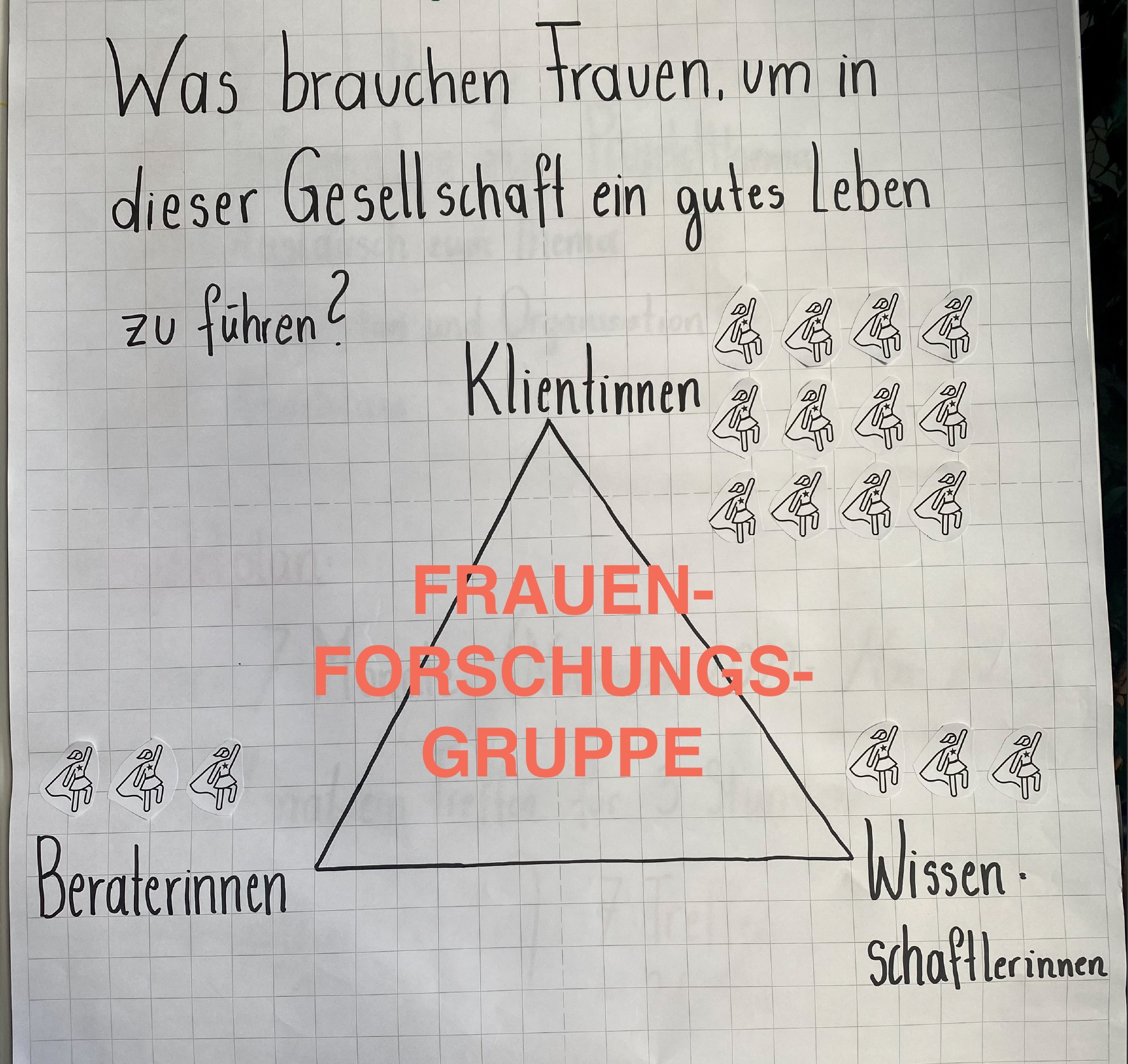
"The Psychological is Participatory - Feminist critical participatory action research with women's counselling centres and their clients" (2022-2023), funded by the Austrian Science Fund FWF (TCS 112 Top Citizen Science) and co-financed by the Women and Family Department of the Arbeiterkammer.
Project management: Ass.-Prof. Dr. Nora Ruck
Project team: Dr. Barbara Rothmüller, Julia Struppe-Schanda, MSc.
In the project we are conducting research together with Dr. Bettina Zehetner from the counselling centre Frauen* beraten Frauen* and Dr. Sigrid Awart and Dr. Andrea Kaiser-Horvath from the counselling centre Peregrina as well as with 12 clients from both counselling centres*. Prof. Michelle Fine & Prof. María Elena Torre (CUNY), Prof. Thomas Stefan (Postdam) and Prof. Alexandra Rutherford (Toronto) advise us on the Advisory Board of the project. The project is scheduled to be completed in December 2023.
*Participation is restricted to these clients.
Podcast episode
In April 2025, Nora Ruck was a guest on the Österreich forscht podcast Wissen macht Leute - you can listen to the episode here (in German).
This project fulfils version 1.1 of the quality criteria for citizen science projects on Österreich forscht.
Everyday Morality
What is this project about?
How can good people do bad things? How can people act contrary to their moral beliefs without having a bad conscience? White lies, rule bending, finding excuses for our own behaviour, which we would judge others for … To be honest, we have all done stuff like that. Nobody is always 100 % moral - misconduct spans from little untruths to refined fraud, from omission of some facts to crimes. All these things have one thing in common: When performing these actions, the same mechanisms are at work that allow us to ignore our moral compass. At least that is what theories assume. In this project, we examine when, how often, in which contexts and by whom these different mechanisms are applied.
Why is this important?
Our goal is to check to what extend theory corresponds with reality. How is unmoral behaviour in everyday life justified? What influence do situational differences and relationships between actors have? Which actions are seen as immoral?
How can Citizen Scientists participate?
Your task is to observe your surroundings after a short online information. Who acts immoral? When? What justifications are provided for this behaviour? Not just encounters in everyday life matter, but also media, newspaper reports, narratives, movies, social media etc. can be analysed. For this, short questionnaires will be sent to you during the course of one week.
At a later point in time, Citizen Scientists are invited to analyse the submitted scenarios, to build categories and thereby check to what extent theory and reality correspond. Another aim is to discover new categories and strategies.
Podcast episode
If you would like to learn more, you can listen to the Wissen macht Leute podcast episode about the project (in German).
This project fulfilled version 1.1 of the quality criteria for citizen science projects on Österreich forscht.
Memories and Imaginaries
Democratic Citizenship
"Memories and Imaginaries" critically explores with students in Austria what it means to be a citizen. Who can or is allowed to actively participate in the political community? Who can or is not allowed to? We address these questions with the aim of finding collective strategies to confront the state of exclusion and marginalization.
The aim of the research is for researchers to explore the importance of remembering, retelling and re-imagining the past and the future plays in living and participating in a political community.
In every community there are different stories of belonging and exclusion. The particular focus will be on migrant, queer and Jewish memories and imaginaries. In their own ways, they all represent stories of exclusion from Austrian society.
We explore how democratic citizenship works by practicing it on a small scale: Students, artists and researchers come together to learn, share and listen about migrant, queer and Jewish memories and ideas. The Citizen Scientists themselves may also bring and share their own experiences of exclusion.
The project sets new impulses in the field of Citizen Science, as it combines Citizen Science with art-based research. Memories and imaginaries are collective and relational forms of knowledge that are experiential, multi-layered in space and time. Citizen science and art-based research are innovative ways to gain insights into such imaginaries and their potential for democratic citizenship.
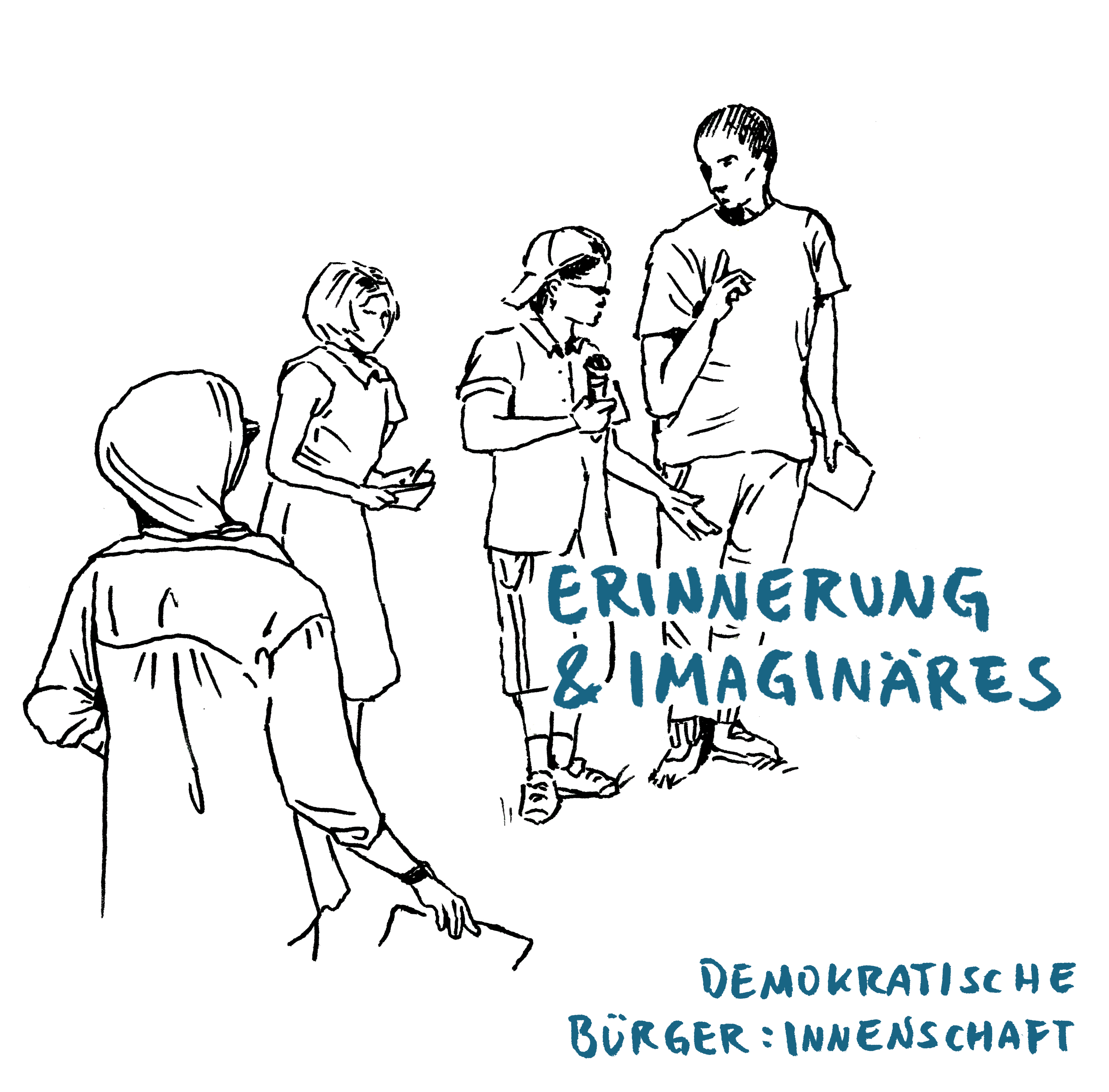
© Felix Deiters
How to participate?
During the co-research period from May to June 2022, a total of three "Remembrance Labs" (May) and one General Assembly (June) took place. The citizen scientists each took part in one of the three labs, which had the same content.
The interim results of all three labs, in the form of graphic recordings and stenographic minutes, were reflected on together in a joint general assembly at the end of June and the collected output was jointly verified.
The Labs artistically took us through the past and present of the three selected communities and enabled collective reflection on how we share situations of exclusion and how we can imagine them if we have not experienced them ourselves or if we do not remember them ourselves (for example because we are too young).
Eating together was as much a part of the collective experience as the mental and physical-affective participation in three group-dynamic, artistically guided exercises.
Artistic inputs were given in each memory lab, in which the Citizen Scientists were also invited to actively participate:
- Rap-poetry with Esra Özmen aka EsRap on the topic of migration,
- Building community by performative story-telling with artist Ndidi Iroh,
- Researching biographies: multi-marginalisations from a jewish perspective.
An expert was invited to each Remembrance Lab to present a short input for the discussion. They came from important civil society organisations:
- Dokumentationsarchiv des österreichischen Widerstandes (DÖW),
- Wiener Wiesenthal-Institut für Holocaust-Studien,
- PH Upper Austria.
The results of the research phase are currently being evaluated and will be published in the form of an artistic book in 2023.
What happens to the contributions of the Citizen Scientists?
The activities during the labs will be documented visually and textually by means of graphic recording (artist Felix Deiters) and a stenographic protocol.
The graphic and stenographic protocols will be included in the book publication "Memories and Imaginaries: Democratic Citizenship". The book will be produced in the last phase of the project (autumn 2022) and presented at a closing event in January 2023.
Contact and research team of the Academy of Fine Arts Vienna
Univ.-Prof. Dr. Marina Gržinić: This email address is being protected from spambots. You need JavaScript enabled to view it.
Dr. Sophie Uitz: This email address is being protected from spambots. You need JavaScript enabled to view it.
Dr. Jovita Pristovšek: This email address is being protected from spambots. You need JavaScript enabled to view it.
This project fulfilled version 1.1 of the quality criteria for citizen science projects on Österreich forscht.
Werkstatt Neu Leopoldau
The research project Werkstatt Neu Leopoldau is focused on the settlement process as a workshop situation for social innovations in housing and urban development, with the aim of fostering sustainable development and creating good neighbourhoods.
As an applied research project, "Werkstatt Neu Leopoldau" (Co-creation Neu Leopoldau) accompanies the settlement process of the IBA quarter in Vienna's 21st district. The phase of residents' and users' arrival in the neighbourhood is explored, which is conceived as a potential for social sustainability in Viennese housing. Using proven and new practices as a starting point, settlement processes are viewed as learning and education processes. Furthermore, it entails socially integrative potentials that should be shaped and further developed in a collaborative and co-creative setting to think about future ways of living in the neighbourhood.
In a first step, relevant topics and questions will be developed in a co-creative process based on the experiences of the actors involved. Special attention is paid to established and future social innovations in urban development (e.g. social innovations such as social support in the settlement process, community spaces, and sharing of further resources, etc.). In a synthesis step, a selection and focus on key topics are undertaken, which are then elaborated in more depth with the target groups in collaborative workshops. The aim of the innovation project is to develop transformational knowledge in a spatial context to enable and strengthen learning and educational processes at the individual and institutional level.
The project was carried out from November 2022 until September 2023, involving residents, tenants, property management companies, and experts who are accompanying the settlement process. Werkstatt Neu Leopoldau is supported by the IBA_Wien 2022 of the City of Vienna, MA 50, and a series of further cooperation partners.
Transdisciplinary research team
- future.lab Research Center TU Vienna: Christian Peer (project leader), Magdalena Augustin, Tamara Bauer, Ruth Höpler
- Citizen scientists: residents of Neu Leopoldau
- Practice partners: GB* district management Neu Leopoldau, property management and further experts, who professionally accompany the settlement process
Podcast episode
In September 2022, project leader Christian Peer was a guest on the Österreich forscht podcast "Wissen macht Leute" - if you're interested to learn more about the project, you can listen to the episode here (in German). In addition, Maria Schönswetter, a dedicated Citizen Scientist in the project, gave interesting insights into the project in March 2023 - tune in!
Results
You can download the final report directly from IBA_Vienna 2022 website or from the future.lab website!
Read more about the findings and results in our blog entry!
![]()
This project fulfilled version 1.1 of the quality criteria for citizen science projects on Österreich forscht.
DeVOTE
DeVOTE is a research project funded by the European Research Council (ERC) from January 2021 to December 2025, and led by Ass.-Prof. Carolina Plescia to develop and apply a new approach to study what ‘voting’ means for ordinary citizens. The project’s goals are:
- understand what ‘voting’ means for ordinary citizens;
- examine the variation of 'voting' meanings across individuals and across countries;
- study how elections create and modify these 'voting' meanings;
- investigate the consequences of 'voting' meanings for citizens' preferences, attitudes and their political behaviours;
- devise an election 'observatory' for systematic data collection on the meanings of voting on Election Day that can favour the scientific interpretation of election outcomes.
Why does this matter?
The question what is the meaning of voting is of great importance today due to the growing distrust in the act of voting itself and in democratic institutions in many countries around the world. The DeVOTE project investigates the political, symbolic and psychological meanings of voting. What does voting mean to you? Is voting a civic duty? Is there a political alternative to voting?
Using a novel methodological approach, a new typology of meanings and motivations for voting will be developed. Through the practice-oriented analysis of elections, the project offers an important source of information on the political significance that citizens attach to elections and the act of voting. The project does not only focus on the already well-researched countries in Western Europe, but also looks at the so-called autocracies in Europe and beyond. This allows new insights into voting outside of democratic systems.
DeVOTE is committed to open science practices, aiming to make multilingual scientific knowledge openly available, accessible and reusable for everyone. This is done in compliance with GDPR standards to protect your privacy.
How can you participate?
DeVOTE invites you to participate by sharing your own meanings of voting and help us explore the diversity, change and use of all possible meanings of voting in your own country and beyond. Participation is possible via an online form on the project website. There are various ways you can take part in DeVOTE:
| 1. Your opinion matters → DEFINE VOTING! You can write down terms and descriptions for your own definition of voting answering the question “What does voting mean to you?” | |
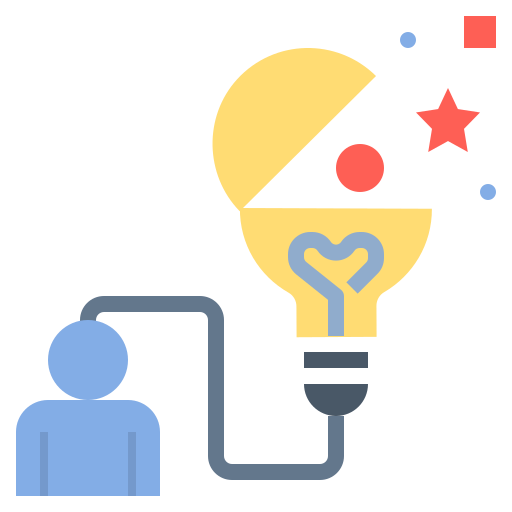 |
| 2. You are the observer → IMAGINE DEFINITIONS! You can tell us where your definition of voting comes from. |
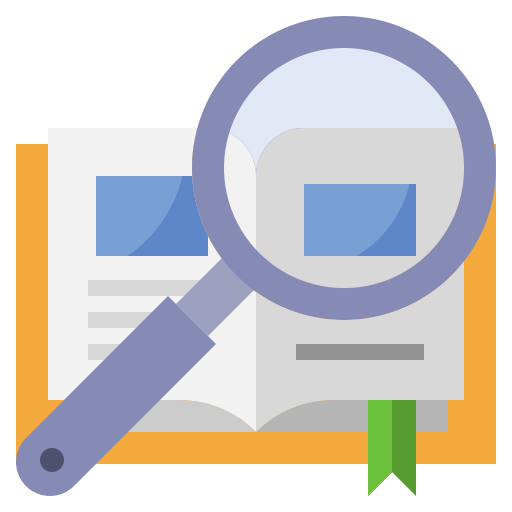 |
| 3. You are the researcher → COLLECT DATA! You can search for the many possible definitions that journalists, parties, politicians, stakeholders and so on give to voting and describe them. |
 |
| 4. You are the expert → CATEGORIZE MEANINGS! You can provide direct input to the researchers in DeVOTE by categorizing the meanings of voting we have collected. |
This project fulfils version 1.1 of the quality criteria for citizen science projects on Österreich forscht.


